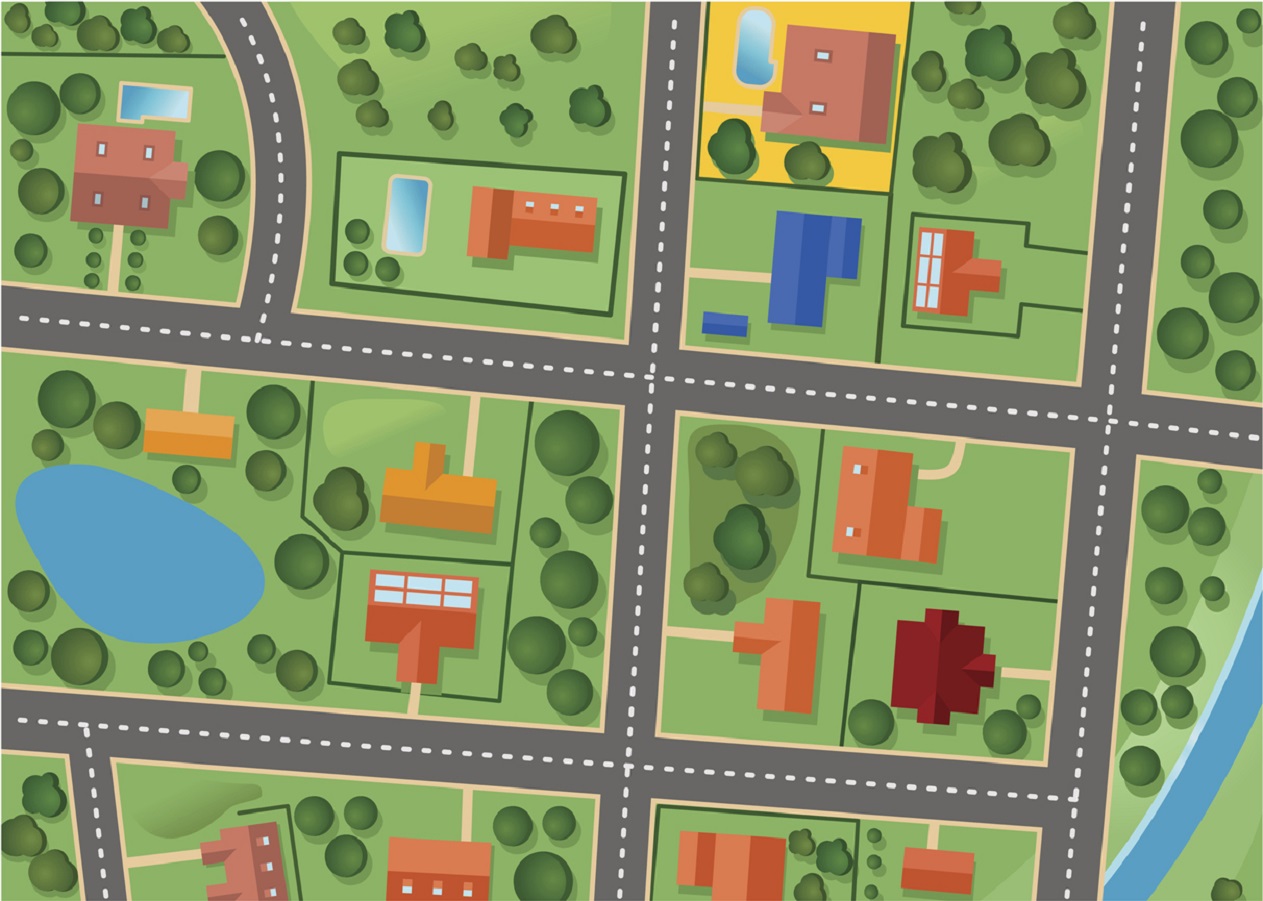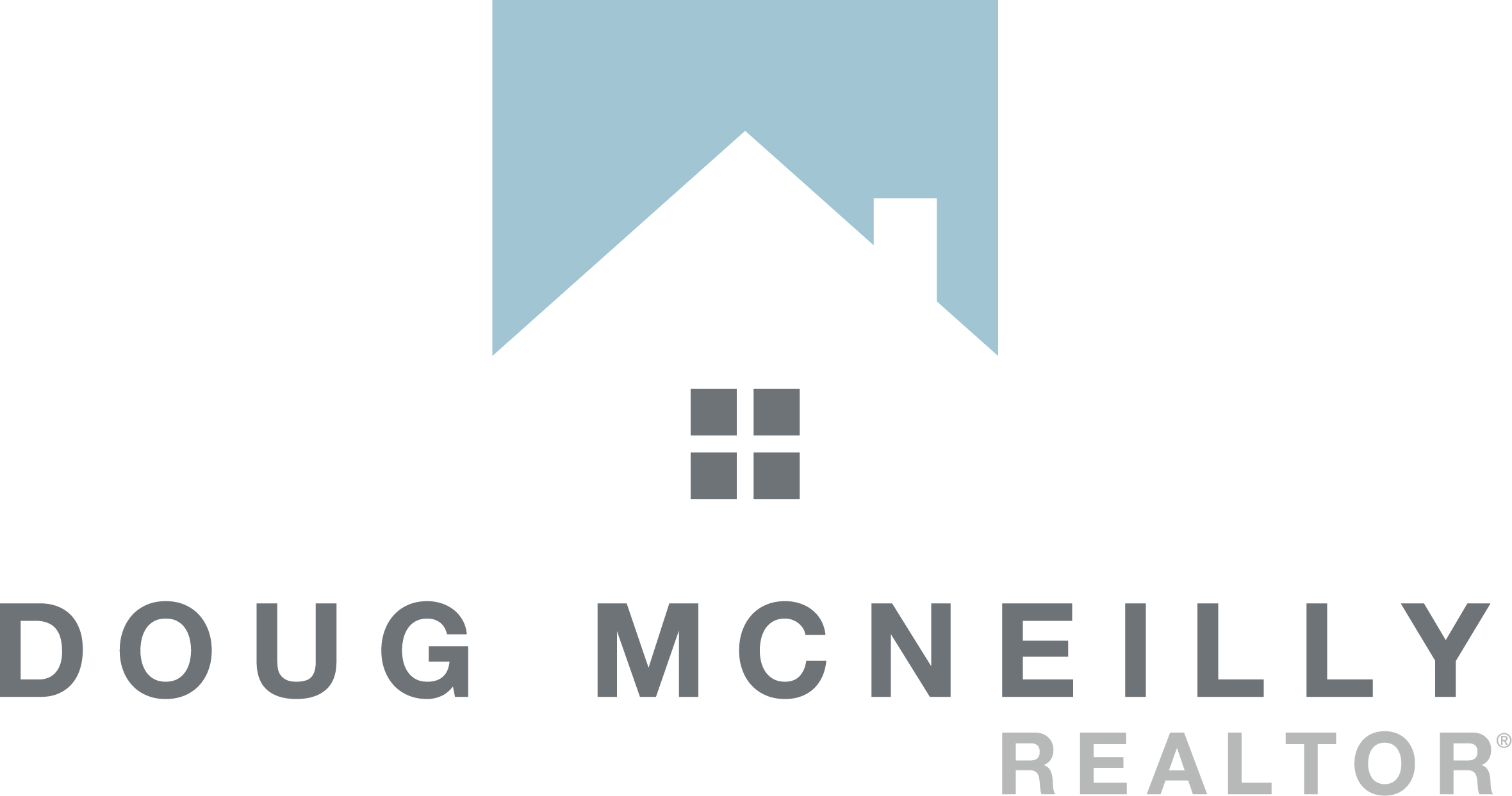Most Buyers have heard the saying, “location, location, location.” Every Buyer has budget limitations. Depending on where you want to live, and your budget, you will likely need to make compromises – size of house, proximity to amenities and work, neighborhood location versus busy road, and more. You also need to have a good piece of land and that starts with a great lot.
What about the lot itself? The actual piece of land you are purchasing? Take a minute (okay, several minutes, if not more); look around outside and then do a little research about the land your potential new home sits on. Often, we get taken in by the new Kitchen or Bathroom, gorgeous hardwood floors, huge walk-in closet or even the furniture (remember, you are not buying the furniture). Here are some things to consider.
Is the area fully developed? Meaning, can the land on any side of the lot (side, rear, across the street) be developed or could that small house next door be torn down? Altering your view and enjoyment. Areas with private septic might limit how large a home can be. Areas with municipal sewer might allow a huge two-story home to be built that will loom over your backyard and your perfect little ranch style home. Consider the characteristics of the lot. Proximity to neighbors? Views from the house?
Is the lot level or sloped or both? Think about it. How do you like to use the backyard? Play soccer with the kids? Relax on the patio built into a hill with tons of shade? Since we are talking about slope; let’s talk drainage and water run-off. Poor drainage can lead to water issues. And, if your neighbor makes major changes – building and/or landscaping, will more water run towards you?
What is under that lush green lawn? Nice soil? Ledge? If you plan to expand your home or do any major landscaping, knowing if you need to blast is helpful. Is there gas on the street, but ledge between the house and the street? That gas line just got way more expensive.
Elevation? Say what? Jon Gorey wrote an article all home owners should read: The Super Important Home Factor You’re Probably Not Considering. As climate change takes hold, Flood Maps are constantly being redrawn. Know where the 100-year floor zone is? Better yet, the 500-year flood zone? How many 1,000-year floods have occurred in the last 10 years?
Visit the Town Building. Have a quick conversation with the Building Department, Town Planner and Conservation. These departments all go by slightly different names in different Towns, but they can provide current information about what is happening.
If you think you might want to expand your home in the future also speak with the Building Department. I’m sure they have a detailed chart on what you can and can’t do. Know what you can do before, not after you purchase. That might also mean a conversation with the Board of Health (if there is private septic) and Conservation (if you are near water or wetlands). That’s another point – just because the land looks dry in the August heat wave, doesn’t mean it is not nice and soft in the Spring and considered Wetlands.
Who else might have access to your property? What? Someone else might have access to your property? Yep! It is called an easement. The normal cast of characters include oil / utility / natural gas companies, the Town (conservation, drainage, etc.) and neighbors for access to their own properties. Easements can have a major effect on what you can do with your home and/or land, it is critical to know their exact location.
Are there are possible environmental hazards? Old unknown underground oil tanks often come to mind. But, take a birds-eye view. Is the lot located near any old environmental sites? Easy information to find out.
No lot is perfect. Just like with a house, most Buyers need to make some level of comprise given their budget. Knowing details about the characteristics of the lot will help you make the best decision possible.
Doug McNeilly is a REALTOR® with Coldwell Banker Realty in Wayland, Massachusetts. He specializes in Wayland, Sudbury, Natick, Framingham and the Greater Boston Metro West Area. He can be reached at doug.mcneilly@nemoves.com or www.dougmcneillyhomes.com


 Facebook
Facebook
 X
X
 Pinterest
Pinterest
 Copy Link
Copy Link

